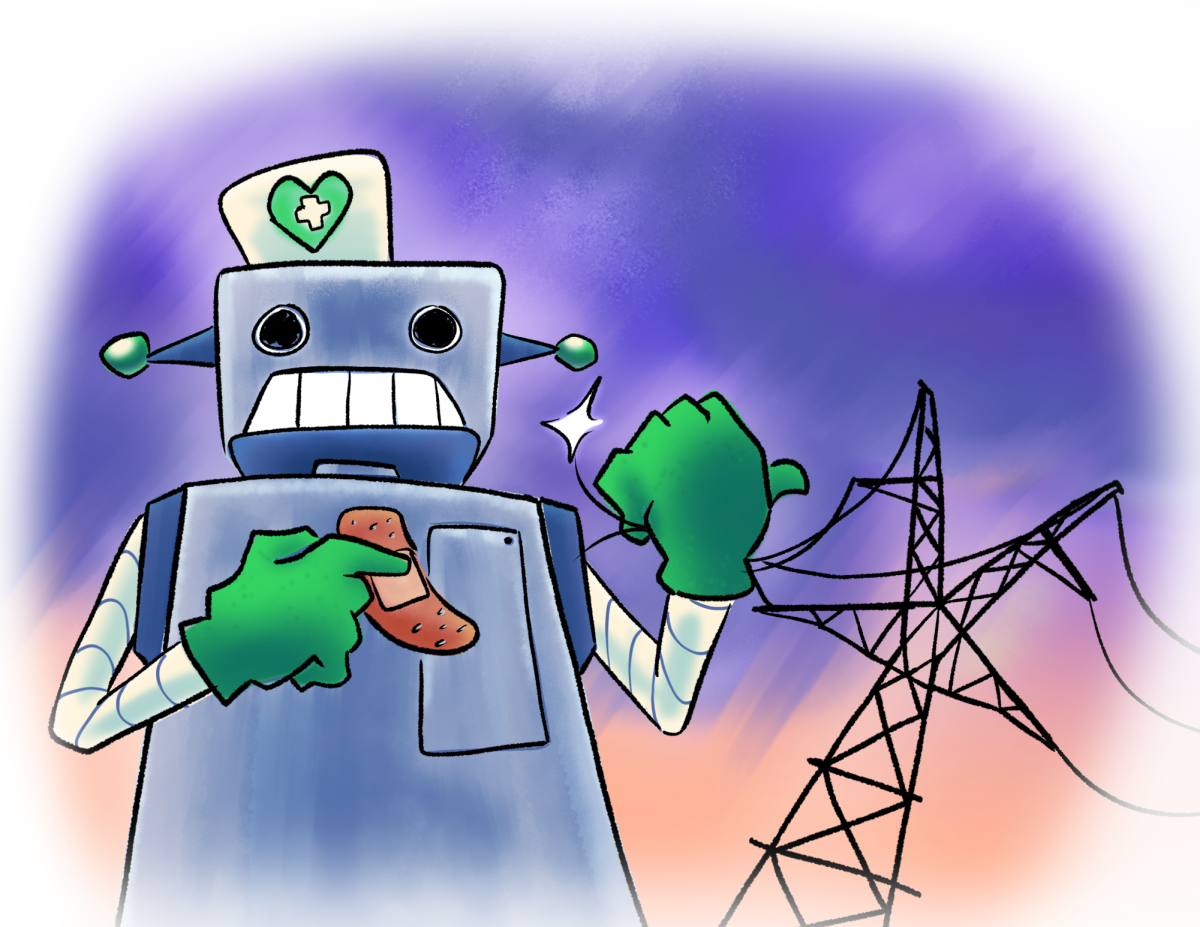Fertilizer that fueled a blast at a plant in West that left eight to 10 dead and more than 100 injured, is usually safe and difficult to ignite unless proper safety measures are ignored or deliberate steps are taken to turn the substances into an explosive, chemical experts said Thursday.
The carnage at West is worse than any incident Kathleen Mathers, spokeswoman for the industry’s national lobbying and advocacy group The Fertilizer Institute, could recall.
“Having an accident this horrific in an industry with our safety record — it’s bad,” Mathers said. “As far as accidents that would actually be reported, it’s just something we’ve never had to deal with. It’s really disturbing to us because we’ve never had this before. In terms of safety, this accident — I’ve been with this organization for 23 years and I’ve never seen anything like this. I’ve never heard of anything like this. This is really out of the ordinary.”
On Thursday afternoon DPS officials at a press conference said ammonium nitrate found at the scene made recovery operations more difficult. The chemical is usually neither explosive nor flammable, said UT associate chemistry professor David Vanden Bout.
“It’s not really particularly flammable by itself,” Vanden Bout said. “It is extraordinarily dangerous when mixed with other things. If mixed with another fuel it is incredibly explosive. This is a terrible scheme of how people make bombs and things.”
Pure fertilizer that is stored properly should not ignite under normal conditions, Vanden Bout said, although a number of circumstances such as contamination by impurities could lead to it being highly explosive.
Ammonium nitrate was used to make explosives that destroyed an Oklahoma City federal building in 1995 and killed 186 people. A French ship carrying 2,300 tons of the chemical was also the cause of the United States’ most deadly industrial disaster, killing 581 people in Texas City in 1947.
Fires caused by ammonium nitrate are also difficult to extinguish, Vanden Bout said.
“Ammonium nitrate makes its own oxygen,” Vanden Bout said. “As it burns and decomposes it will generate more oxygen, which is why when it is combined with a fuel it is so dangerous and if you ever do manage to ignite it, it’s almost impossible to put the fire out.”
Although the fertilizer has been involved in devastating incidents in the past, they don’t occur often and haven’t led to national legislation to regulate many aspects of the industry, Mathers said. There generally are few rules regulating whether or not plants can be placed in residential neighborhoods, Mathers said. Rules about whether or not fertilizer plants can be placed in close proximity to residential areas like those that were affected in West are usually determined locally, Mathers said.
“Typically, there is a fairly open process in which that happens,” Mathers said. “There will be a hearing and the local municipalities will decide whether or not to allow that company to build.”
A California fertilizer plant that is currently under construction is expected to have a safer, less explosive alternative to ammonium nitrate in production later this year. The plant, Honeywell Performance Materials and Technology, has managed to chemically fuse ammonium nitrate with ammonium sulfate to make a fertilizer that is nutritious to plants, but much less explosive, spokesman Peter Dalpe said.
“It’s less likely to detonate,” Dalpe said. “It’s safer to handle. The end farmer still gets the nitrates they need, but it’s so much safer this way.”
The Department of Homeland Security and the Bureau of Alcohol Tobacco and Firearms and Explosives have recognized the product as much safer than ammonium nitrate.
Dalpe said his company believes it is the first to market a less explosive version of a nitrate-based fertilizer.




















